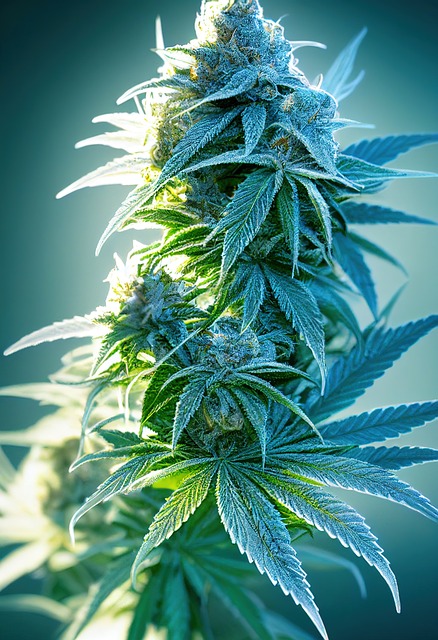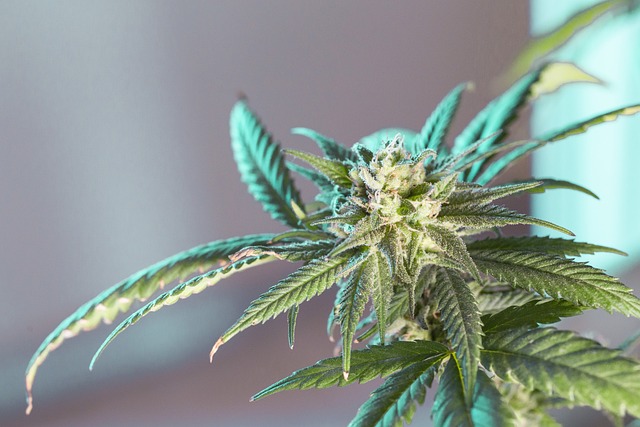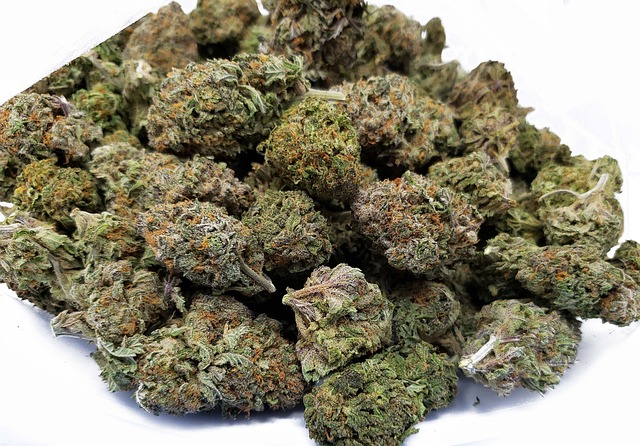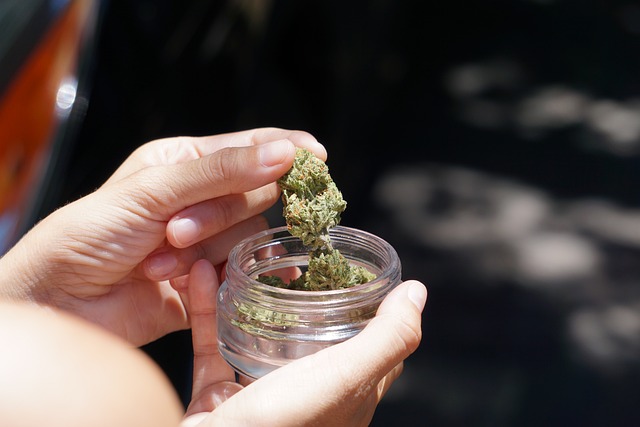Delta-9-Legal-in-Canada-Provinces: Understanding the Landscape, Trends, and Future Prospects
Introduction
In recent years, the concept of delta-9-legal-in-canada-provinces has garnered significant attention globally. This phenomenon refers to the legalization and regulation of cannabis products in various provinces across Canada. In this article, we will delve into the world of delta-9-legal-in-canada-provinces, exploring its historical context, global impact, economic considerations, technological advancements, policy and regulation, challenges and criticisms, case studies, and future prospects.
Understanding Delta-9-Legal-in-Canada-Provinces
Delta-9-legal-in-canada-provinces is a relatively new concept that has evolved from the Canadian government’s decision to legalize cannabis in 2018. The term refers to the various provincial and territorial regulations surrounding the production, distribution, and sale of cannabis products. Each province has developed its unique framework for regulating the industry, which includes factors such as licensing requirements, taxation rates, and product restrictions.
Global Impact and Trends
The legalization of delta-9-legal-in-canada-provinces has had a significant impact on the global cannabis market. Canada’s regulatory environment has become a benchmark for other countries looking to legalize cannabis, with many jurisdictions adopting similar approaches. The trend towards legalization is expected to continue, with more countries relaxing their laws and regulations.
Economic Considerations
The economic aspects of delta-9-legal-in-canada-provinces are multifaceted. The industry has created new job opportunities, stimulated local economies, and generated significant revenue for governments. However, the sector also faces challenges such as taxation rates, licensing requirements, and product restrictions that can impact profitability.
Technological Advancements
Significant technological advancements have transformed the delta-9-legal-in-canada-provinces landscape. The rise of online platforms has enabled consumers to purchase products from a wide range of suppliers, while the development of new products and delivery methods has expanded the market.
Policy and Regulation
Policymakers have played a crucial role in shaping the delta-9-legal-in-canada-provinces landscape. Governments have implemented various regulations, including licensing requirements, taxation rates, and product restrictions, to ensure public safety and revenue generation.
Challenges and Criticisms
Despite its growth potential, the delta-9-legal-in-canada-provinces industry faces several challenges and criticisms. These include concerns about public health, youth access, and the impact of legalization on existing markets.
Case Studies
Several case studies demonstrate the successful applications of delta-9-legal-in-canada-provinces:
- Ontario: The province’s approach to regulating cannabis has focused on licensing producers and retailers, with a emphasis on public safety.
- British Columbia: The province’s regulatory framework has prioritized social responsibility and community engagement.
- Nova Scotia: The province’s approach has centered on creating a competitive market for licensed producers and retailers.
Future Prospects
The future outlook for delta-9-legal-in-canada-provinces is promising. As more jurisdictions legalize cannabis, the industry is expected to continue growing. Emerging trends include:
- Cannabis-infused products: The development of new products, such as edibles and vapes, is expected to drive market growth.
- Sustainability: The industry’s focus on sustainability and environmental responsibility will become increasingly important.
Conclusion
In conclusion, delta-9-legal-in-canada-provinces has evolved into a significant sector in the Canadian economy. Understanding its historical context, global impact, economic considerations, technological advancements, policy and regulation, challenges and criticisms, case studies, and future prospects provides valuable insights for policymakers, industry stakeholders, and consumers.
FAQ Section
Q: What is delta-9-legal-in-canada-provinces?
A: Delta-9-legal-in-canada-provinces refers to the legalization and regulation of cannabis products in various provinces across Canada.
Q: Why did Canada legalize cannabis?
A: The Canadian government legalized cannabis in 2018 to address public health concerns, reduce illegal activity, and generate revenue.
Q: How do provincial regulations differ?
A: Each province has developed its unique framework for regulating the industry, which includes factors such as licensing requirements, taxation rates, and product restrictions.

Exploring the Benefits of Legal Delta 9 THC Gummies in Canada
Delta 9 gummies are a popular edible form of cannabis in Canada, offering users a discreet and flavo…….
Read More
Exploring Delta 9 Gummies: Legal and Medicinal Edge in Canadian Edibles
Delta 9 THC gummies have gained significant popularity among Canadian consumers since their legaliza…….
Read More
Delta 9 THC Gummies: A Legal Guide to Usage, Effects, and Purchase in Canada’s Provinces
2023 update on Delta 9 gummies in Canada: these THC-infused treats are a popular and discreet way to…….
Read More
Delta 9 Gummies in Canada: Legal, Beneficial, and User Guide for Wellness
Delta-9 THC gummies have become a widely accepted consumption method for both medicinal and recreati…….
Read More
Exploring Delta 9 Gummies: Legal, Health, and Dosing Insights in Canadian Provinces
Delta 9 THC gummies are a popular edible derivative of cannabis now legally available across most Ca…….
Read More
Exploring the Benefits and Legal Status of Delta 9 Gummies in Canada
Delta 9 THC gummies, a popular edible form of cannabis infused with the psychoactive component THC, …….
Read More
Navigating Delta 9 THC Gummies: A Legal and Safe Guide for Canadian Consumers
Delta 9 THC is legally permissible for adult recreational and medicinal use in all Canadian province…….
Read More

